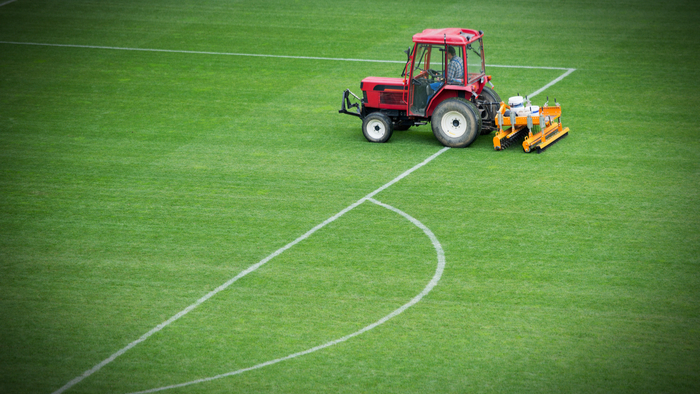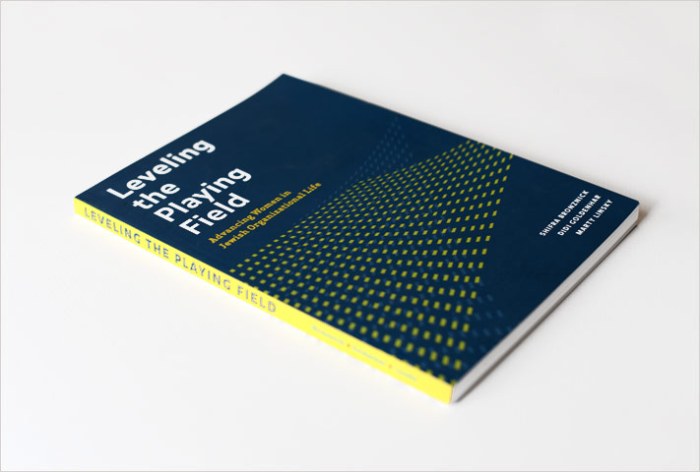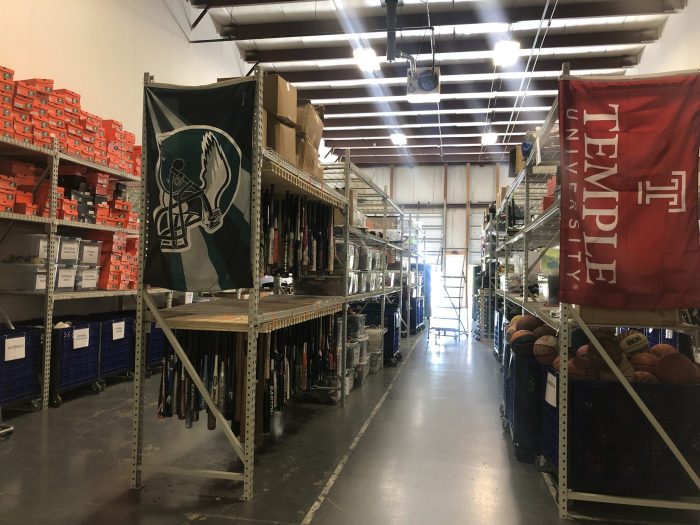Modifying the rules for special needs athletes can mean __________. – Modifying the rules for special needs athletes can mean creating a more inclusive and equitable playing field. By adapting rules to meet the unique needs of these athletes, we can foster a sense of belonging, enhance their performance, and ultimately empower them to reach their full potential.
From promoting fairness to improving skill development, the impact of rule modifications on special needs athletes is multifaceted and profound. This discussion delves into the various aspects of this topic, exploring the benefits, challenges, and best practices involved in tailoring rules for this deserving population.
Impact on Fairness and Equality

Modifying rules for special needs athletes can significantly promote fairness and equality in sports.
By adapting rules to accommodate the unique abilities and challenges of special needs athletes, we can ensure that they have an equal opportunity to participate and compete. For example, modifying the rules to allow athletes with visual impairments to use a guide or assistive devices helps to level the playing field and allows them to compete on a more equal footing with their peers.
Furthermore, rule modifications can help to address potential biases or discrimination that may exist in traditional rules. By tailoring rules to the specific needs of special needs athletes, we can create a more inclusive environment where all athletes are treated fairly and have the opportunity to reach their full potential.
Enhancement of Inclusion and Accessibility

Modifying rules for special needs athletes can greatly enhance their inclusion and accessibility in sports.
By adapting rules to accommodate the unique abilities and challenges of special needs athletes, we can make it easier for them to participate and enjoy the benefits of sports. For example, modifying the rules to allow athletes with physical disabilities to use adaptive equipment or assistive devices helps to remove barriers and allows them to participate fully in the sport.
Inclusivity is fostered through rule modifications because it sends a clear message that all athletes are welcome and valued, regardless of their abilities. This can help to create a more positive and supportive environment for special needs athletes, where they feel comfortable and confident participating in sports.
Improvement of Performance and Skill Development

Modifying rules for special needs athletes can significantly improve their performance and skill development.
By adapting rules to accommodate the unique abilities and challenges of special needs athletes, we can create a more supportive and enabling environment for them to learn and grow. For example, modifying the rules to allow athletes with cognitive disabilities to take extra time or receive additional support during competition helps to reduce anxiety and allows them to focus on improving their skills.
Skill development is facilitated through tailored rules because it allows special needs athletes to practice and improve at their own pace and in a way that is most beneficial to them. This can help them to develop confidence and mastery in their chosen sport.
Challenges and Considerations
While modifying rules for special needs athletes can have many benefits, there are also some potential challenges and considerations that should be taken into account.
One challenge is ensuring that rule modifications do not compromise the integrity or fairness of the sport. It is important to strike a balance between accommodating the needs of special needs athletes and maintaining the competitive nature of the sport.
Another consideration is the potential for objections or concerns from other stakeholders, such as coaches, officials, or other athletes. It is important to address these concerns in a transparent and respectful manner, and to work together to find solutions that are fair and equitable for all.
Collaboration and Best Practices: Modifying The Rules For Special Needs Athletes Can Mean __________.

Successful rule modifications for special needs athletes require collaboration between a variety of stakeholders, including athletes, coaches, organizations, and governing bodies.
Best practices for developing and implementing modified rules include:
- Consulting with special needs athletes and their representatives to understand their needs and perspectives.
- Conducting research and gathering data to support the need for rule modifications.
- Developing clear and concise rules that are easy to understand and implement.
- Providing training and support to coaches and officials on how to implement modified rules.
- Evaluating the effectiveness of rule modifications and making adjustments as needed.
FAQ Explained
Does modifying the rules for special needs athletes compromise the integrity of the sport?
No, rule modifications are designed to maintain the essence of the sport while ensuring that special needs athletes have a fair and equitable opportunity to participate. These modifications often focus on adapting equipment, adjusting time limits, or providing support to enable athletes to engage fully.
How can we ensure that rule modifications are tailored to the specific needs of each athlete?
Collaboration between athletes, coaches, and medical professionals is crucial. By understanding the unique abilities and challenges of each athlete, we can develop individualized rule modifications that maximize their potential and promote their safety.
What are some examples of successful rule modifications for special needs athletes?
In swimming, assistive devices like flotation aids and modified strokes allow athletes with physical disabilities to compete alongside able-bodied swimmers. In basketball, adapted rules such as shorter court dimensions and reduced game time enable athletes with intellectual disabilities to participate fully.